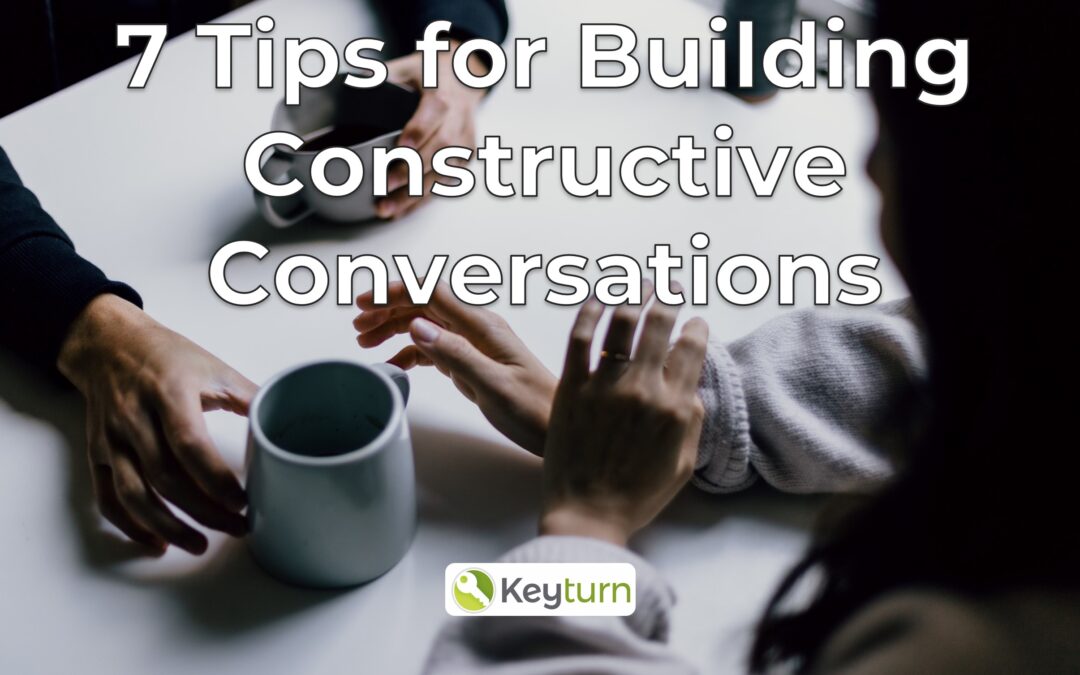7 Tips for Building Constructive Conversations: Effective Communication Strategies
In today’s world, conversations are an essential part of our daily lives, both personal and professional. However, not all conversations are productive, and many can lead to misunderstandings, hurt feelings, and even conflicts. To build constructive conversations, it is essential to follow some guidelines and tips that can help us communicate more effectively and create a positive and collaborative environment.
Here are some key tips for building constructive conversations:
Be Clear and Concise:
Start by being clear about what you want to say and concise in your language. Avoid using jargon or complicated language that can confuse the other person. Speak slowly and clearly, giving the other person time to process what you are saying.
Listen Actively:
Listening is a critical component of effective communication. Be present and actively listen to the other person, paying attention to their tone, body language, and emotions. Try to understand their perspective and acknowledge their feelings, even if you don’t agree with them.
Be Respectful:
Treat the other person with respect, even if you disagree with their ideas or opinions. Avoid interrupting or talking over them, and be mindful of your tone and language. Show empathy and understanding, and be open to different points of view.
Ask Open-Ended Questions:
Ask open-ended questions to encourage the other person to share their thoughts and feelings. Avoid closed-ended questions that can lead to yes or no answers. Use phrases like “How did that happen?” or “What do you think about this idea?” to prompt deeper conversation. Using pronouns such as what, why, when, where, who, which and how, helps keep the questions open and encourage the other person to share more.
Focus on the Issues, Not the Person:
When discussing a topic, focus on the issue rather than the person. Avoid personal attacks or criticism, and instead, focus on finding solutions to the problem. Use “I” statements to express your feelings and opinions, rather than “you” statements that can come across as accusatory.
Seek Common Ground:
Look for areas of agreement and shared interests, even if you disagree on some points. This can help build rapport and create a more collaborative environment. Try to find common ground on which to build your conversation and work towards a shared goal.
Be Open to Feedback:
Be willing to accept feedback and criticism from the other person. Listen to their perspective and take it into consideration. Don’t get defensive or dismissive, but rather use the feedback to improve your communication skills and build a better relationship.
Building constructive conversations requires effort and practice. By following these guidelines, we can create a positive and collaborative environment that fosters effective communication and problem-solving. Remember to be clear, respectful, and open-minded, and always strive for common ground and understanding.

